Poet-Monks focuses on the literary and religious practices of Buddhist poet-monks in Tang-dynasty China to propose an alternative historical arc of medieval Chinese poetry. Combining large-scale quantitative analysis with close readings of important literary texts, Thomas J. Mazanec describes how Buddhist poet-monks, who first appeared in the latter half of Tang-dynasty China, asserted a bold new vision of poetry that proclaimed the union of classical verse with Buddhist practices of repetition, incantation, and meditation.
Mazanec traces the historical development of the poet-monk as a distinct actor in the Chinese literary world, arguing for the importance of religious practice in medieval literature. As they witnessed the collapse of the world around them, these monks wove together the frayed threads of their traditions to establish an elite-style Chinese Buddhist poetry. Poet-Monks shows that during the transformative period of the Tang-Song transition, Buddhist monks were at the forefront of poetic innovation.


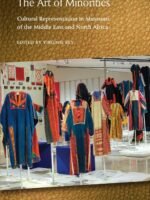
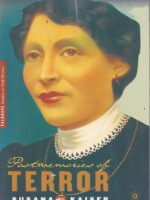
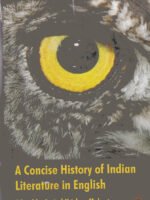
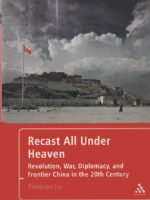
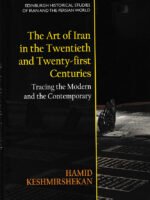

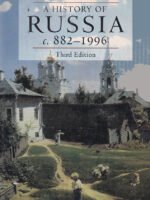
Be the first to review “Poet-Monks”